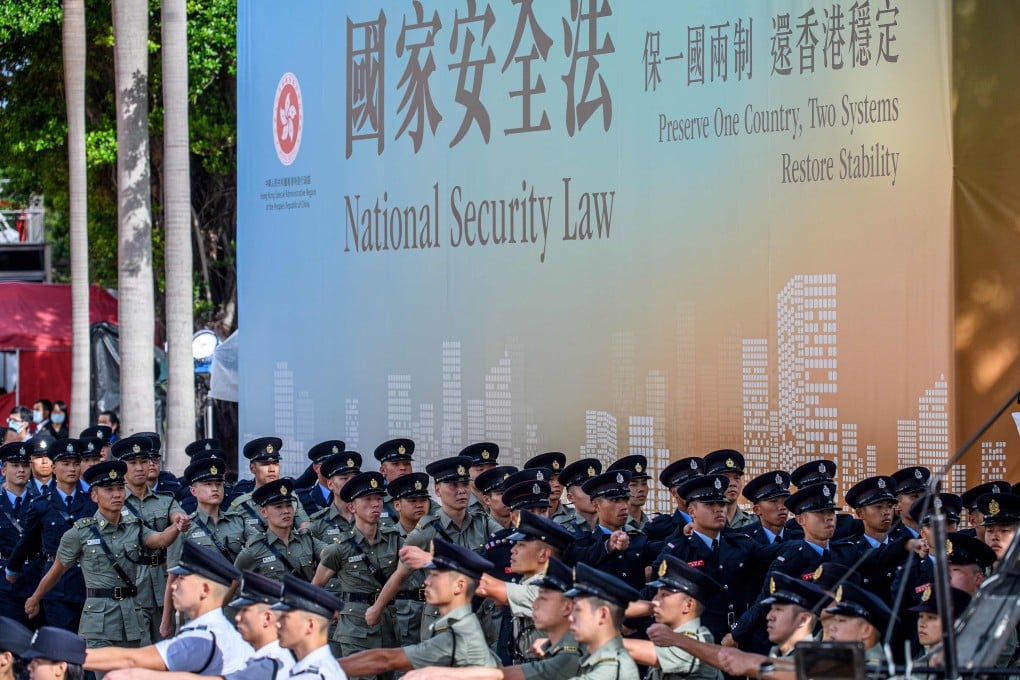Advertisement
Opinion | How the national security law draws Hong Kong closer to mainland China
- The pressure exerted on prominent businesspeople and companies to toe the line and the new law’s omission of two rights guaranteed by the Basic Law make it clear that Hong Kong’s journey towards resembling the mainland is well under way
Reading Time:3 minutes
Why you can trust SCMP
0

Hong Kong’s national security law represents different things to different people and, nearly two months after it came into effect, the law remains highly controversial.
Much of the controversy is over the purpose of the law, with some saying it was needed to end the street violence that characterised the second half of 2019 and early 2020 before the arrival of the coronavirus while others deplore the increase in mainland control and the loss of autonomy.
While Western critics – including officials, legislators and non-governmental organisations – stressed that Beijing should not legislate for Hong Kong and feared the impact on human rights, China responded that this was an internal affair and, besides, it had the support of the Hong Kong people.
In the weeks before the law was unveiled, the Hong Kong government mounted a widespread campaign to promote it through messages on radio and television as well as ads in MTR stations and on the sides of buses, minibuses and trams.
High pressure tactics were applied to members of the business elite. An example of this was a Facebook post by former Hong Kong chief executive Leung Chun-ying.
Leung complained that HSBC had not made its position clear on the proposed law, even though it derived most of its profits from China. The message was received loud and clear. Days later, HSBC Asia-Pacific chief executive Peter Wong Tung-shun voiced his support for the law in an interview with Xinhua, China’s state news agency. He said that he hoped the security law, whose contents were still unknown, would “bring long-term stability and prosperity” to Hong Kong.
Advertisement
